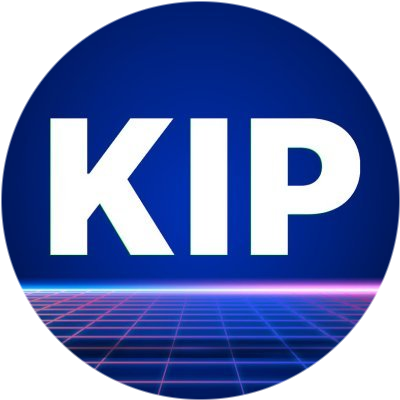How KIP Protocol and Julian Peh Are Building Decentralized AI Empires
In the realm of artificial intelligence, a narrative reminiscent of David and Goliath unfolds. Currently, a small group of tech giants such as Google, Microsoft, and OpenAI wield significant control over data, infrastructure, and computing power, stifling innovation and concentrating economic benefits within a limited circle.
Decentralized AI, represented by tools like KIP Protocol, serves as David’s slingshot, empowering individuals to contribute to a more open, creative, and equitable AI economy. This movement marks a shift towards a collaborative era free from the constraints imposed by Big Tech gatekeepers.
The Power of Decentralization
In today's data-driven economy, value is intrinsically linked to data. However, this value is often monopolized by corporations, leaving original creators marginalized. Centralized control hampers innovation and deters aspiring individuals and startups from developing groundbreaking tools due to a lack of ownership and profit sharing.

Decentralization upends this dynamic by providing direct access to computing power, AI models, data, infrastructure, energy sources, and software applications. Through tokenization, these assets can be transformed into tradable entities, enabling developers, researchers, and entrepreneurs to monetize their contributions without intermediary intervention.
The Role of Tokenization
Tokenization involves converting knowledge, data, or tools into digital assets stored on the blockchain. For instance, a machine learning model can be tokenized, granting others the ability to purchase, license, or utilize it via a smart contract, devoid of intermediaries and hidden fees.
In a permissionless AI economy, there are no gatekeepers; only creators and users coexist harmoniously. KIP Protocol spearheads initiatives to facilitate this inclusive ecosystem at scale.
The Vision of Julian Peh and KIP Protocol
Founded by Julian Peh, KIP Protocol endeavors to democratize AI tools, data, and knowledge for all. With substantial funding exceeding $5 million, the team has developed a decentralized intelligence framework called Decentralized RAG (Retrieval Augmented Generation).

Through D/RAG, intelligent AI agents autonomously access tokenized resources to make informed decisions, fostering learning, adaptation, and real-time collaboration. This innovative approach enables global empowerment, allowing diverse entities, even those in regions like Nairobi, to harness AI resources independently of major tech infrastructures.
Redefining Economic Dynamics
By converting knowledge into digital currency, KIP Protocol transforms the AI economy landscape. Unlike conventional setups reliant on VC-backed entities, this model encourages innovation to emerge organically from any source, compensating creators for their contributions, regardless of scale.
KIP Protocol accommodates various business models while catalyzing the evolution of novel paradigms grounded in decentralized AI principles.
Julian Peh's KIP Protocol transcends mere infrastructure development; it lays the groundwork for an inclusive AI economy where composable AI agents, tokenized datasets, and decentralized RAG frameworks converge to revolutionize knowledge creation, dissemination, and monetization.
The Cryptocurrency Connection

For founders, investors, or builders, the burgeoning AI economy beckons. It's a ripe opportunity to engage and contribute to the transformative landscape orchestrated by KIP Protocol and Julian Peh.




















